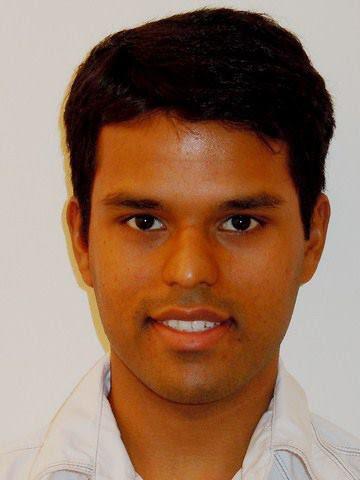

Pngme’s CEO was pitching at a startup demo day event in San Francisco. After their pitch, I spoke with the team on how they can expand their user base in Africa and build a credit scoring model based on mobile data. The conversation went well and I have joined their team to help them scale their financial products in Africa and South East Asia.
My role involves executing Pngme’s user growth strategy along with, deploying and managing the digital credit scoring platform that Pngme will use in its loan marketplace.
Working for an early-stage startup from a basement in San Francisco is very different from a large organization. In many ways, this job has allowed me more autonomy and space to execute my ideas compared to roles at larger organisations. The most fascinating aspect of this role is the real impact on people. Today, there are 200 million businesses with unmet financing needs of $5.2tn so the opportunity to work on unlocking this market through a competitive crowdfunding marketplace is definitely exciting, but also challenging as it requires a large amount of due diligence to evaluate the creditworthiness of entrepreneurs and businesses in emerging markets.
At PSIA, I took several courses related to development economics where I learned how access to credit can enable consumers in emerging markets build their own business. During classes, we discussed ways in which solar energy companies are leveraging mobile payment data to build a credit history for mostly unbanked customers in Africa. Today, the insights from my studies are helping me develop a mobile-based credit scoring model to facilitate entrepreneurs and businesses with no formal financial history get access to savings and credit products.
I would strongly suggest PSIA students to proactively engage in current issues. My method was to write about the impact of innovative technologies in emerging markets and published articles for media outlets such as Techcrunch, Renewable Energy World, NextBillion and the Energy Post. By publishing articles, I learned more about these issues and engaged with thought leaders. This enabled me to actively network and become more confident in highlighting solutions to some of the problems in these regions. I know PSIA students will write a lot of essays during their studies. My advice would be to publish the best essays as articles on media outlets as it will help them get their names out and enable them begin informal conversations with working professionals in their field of interest.
Based on my experience, the job market has changed significantly in the past 10 years and will continue to evolve going forward. I initially studied at Sciences Po Paris with the goal of working for the Government of Canada. However, I ended working for startups in San Francisco, which required learning new skills and reapplying my knowledge in the private sector. Therefore, I would recommend PSIA graduates to continue learning new skills after their studies with a particular focus on analytical, cognitive and interpersonal skills. By doing so, it will be easier to transition into new positions and remain competitive in the job market. Furthermore, I would also recommend roles where PSIA graduates can enter and then learn software skills in their job. For example, Periscope Data/SQL for data visualization, Salesforce for tracking B2B Sales, QuickBooks for accounting, Facebook & Google App Campaigns for user acquisition, etc. The learnings can then be leveraged into a new role more easily.